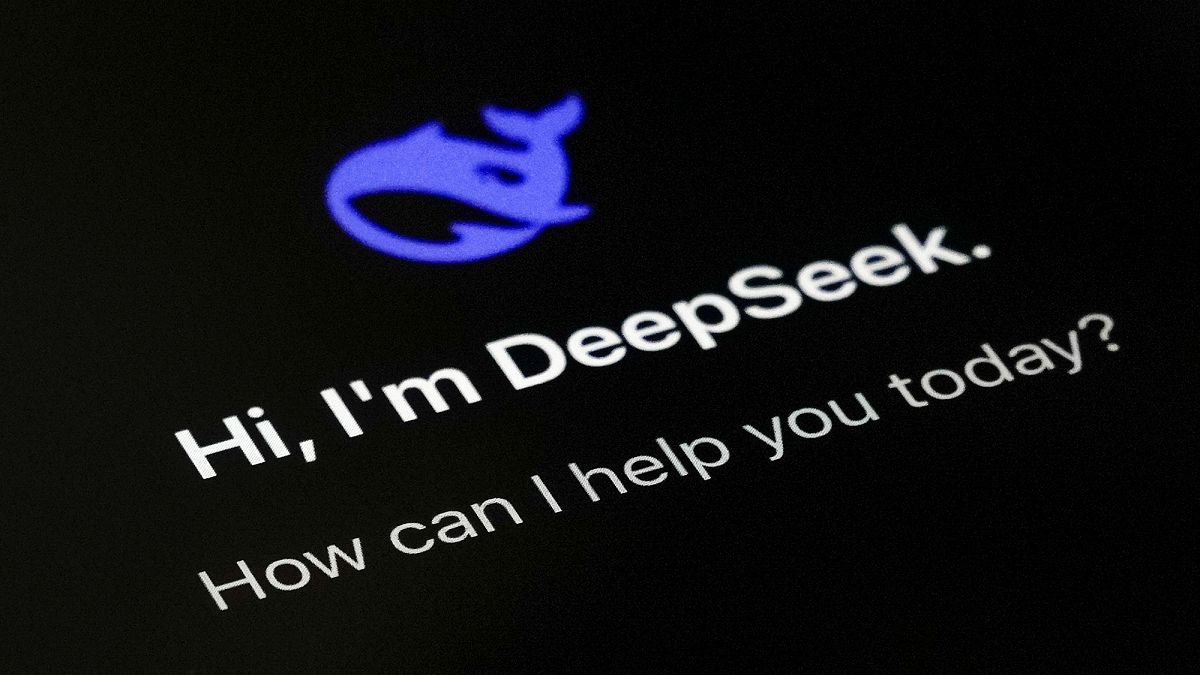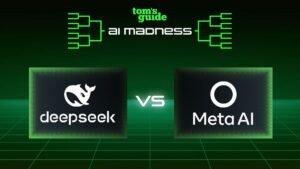DeepSeek Develops a Method to Enhance AI’s Question-Answering Abilities: Here’s How It Functions

Introducing DeepSeek’s Innovative AI
DeepSeek, a promising AI start-up from China, has made headlines by enhancing the reasoning skills of large language models (LLMs). The aim is to provide quicker and more accurate answers to general queries compared to existing competition. In January, DeepSeek launched R1, an AI model and chatbot that asserted it could rival OpenAI’s ChatGPT while being more cost-effective.
Key Developments
In collaboration with experts from Tsinghua University, DeepSeek recently published a research paper detailing their latest advancements in artificial intelligence. The focus of this study is on a technique termed self-principled critique tuning (SPCT). This innovative method teaches AI systems to formulate their own criteria for evaluating content, allowing them to generate comprehensive critiques.
The new approach allows for multiple evaluations to occur simultaneously, rather than relying solely on larger models that need extensive resources and time for training. This method falls under the category of generative reward modeling (GRM), which assesses the quality of outputs generated by AI, ensuring they align with human expectations while utilizing SPCT.
How Self-Improvement Works
Traditionally, enhancing AI capabilities involved scaling up model sizes, leading to increased complexity and a greater demand for human resources and computer power. DeepSeek offers an alternative strategy by incorporating a built-in “judge” mechanism that evaluates the AI’s responses in real-time.
Real-Time Evaluation
When a user poses a question, this judging system compares the AI’s proposed response with both its established norms and the characteristics of a strong answer. If the output aligns closely with these standards, the AI receives positive reinforcement, promoting ongoing improvements.
This system, dubbed DeepSeek-GRM, is designed to enhance AI performance more efficiently than established rivals like Google’s Gemini, Meta’s Llama, or OpenAI’s GPT-4o. DeepSeek aims to democratize access to this cutting-edge technology by planning to release these advanced AI models as open-source software, although no definitive timeline for this availability has been announced.
Looking Ahead
Anticipation is building as rumors suggest that DeepSeek may soon unveil its next iteration, the R2 chatbot, although the company has yet to make any official statements regarding such a release. As AI technology continues to evolve rapidly, DeepSeek’s contributions could play a significant role in shaping the landscape of conversational agents.
With the innovative methods that DeepSeek is employing, the future of AI-driven conversations looks promising. By focusing on self-improvement and real-time critique, the potential for creating more efficient and effective AI models is closer than ever.






